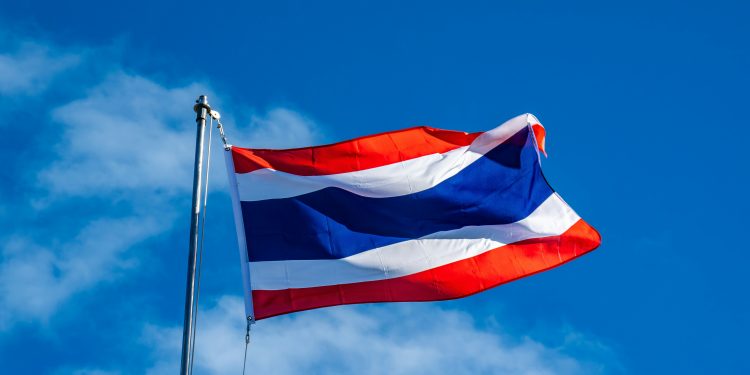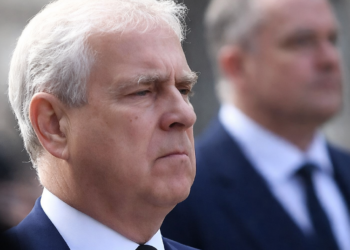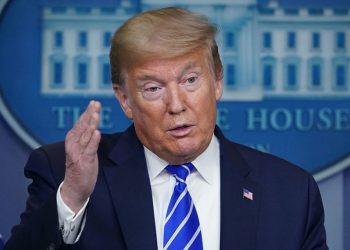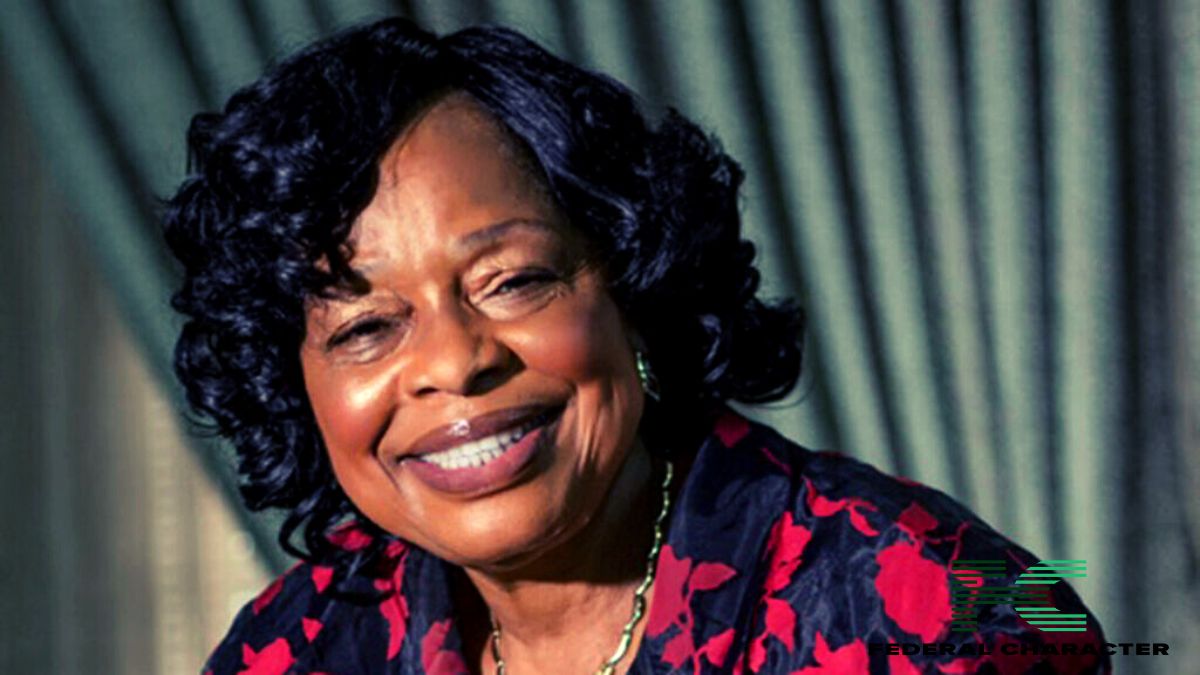Cambodia and Thailand have reached an unexpected “immediate and unconditional ceasefire” following urgent negotiations mediated by Malaysia. The truce, announced by Malaysian Prime Minister Anwar Ibrahim, took effect at midnight local time, marking a dramatic de-escalation after weeks of deadly border clashes. “This is a vital first step toward restoring peace and security,” Ibrahim stated, though details of the agreement remain scarce.
The breakthrough comes after US President Donald Trump intervened, linking the ceasefire to upcoming trade talks with Washington. The fighting, which erupted on July 24, claimed at least 33 lives and displaced thousands, reigniting a century-old dispute over contested borders drawn during France’s colonial occupation of Cambodia.
The Cambodia-Thailand border dispute traces back to the early 1900s, when colonial powers redrawn maps left overlapping claims, particularly around the Preah Vihear temple, a UNESCO World Heritage site. While tensions simmered for decades, the recent violence marked the worst escalation since 2011, with artillery duels and troop mobilizations threatening regional stability.
Analysts suggest the timing aligns with both nations’ economic pressures. Thailand, grappling with post-pandemic recovery, faces US trade negotiations, while Cambodia seeks to avoid isolation amid Western scrutiny of its human rights record. The ceasefire may be a strategic pause, but observers warn the core territorial issues remain unresolved.
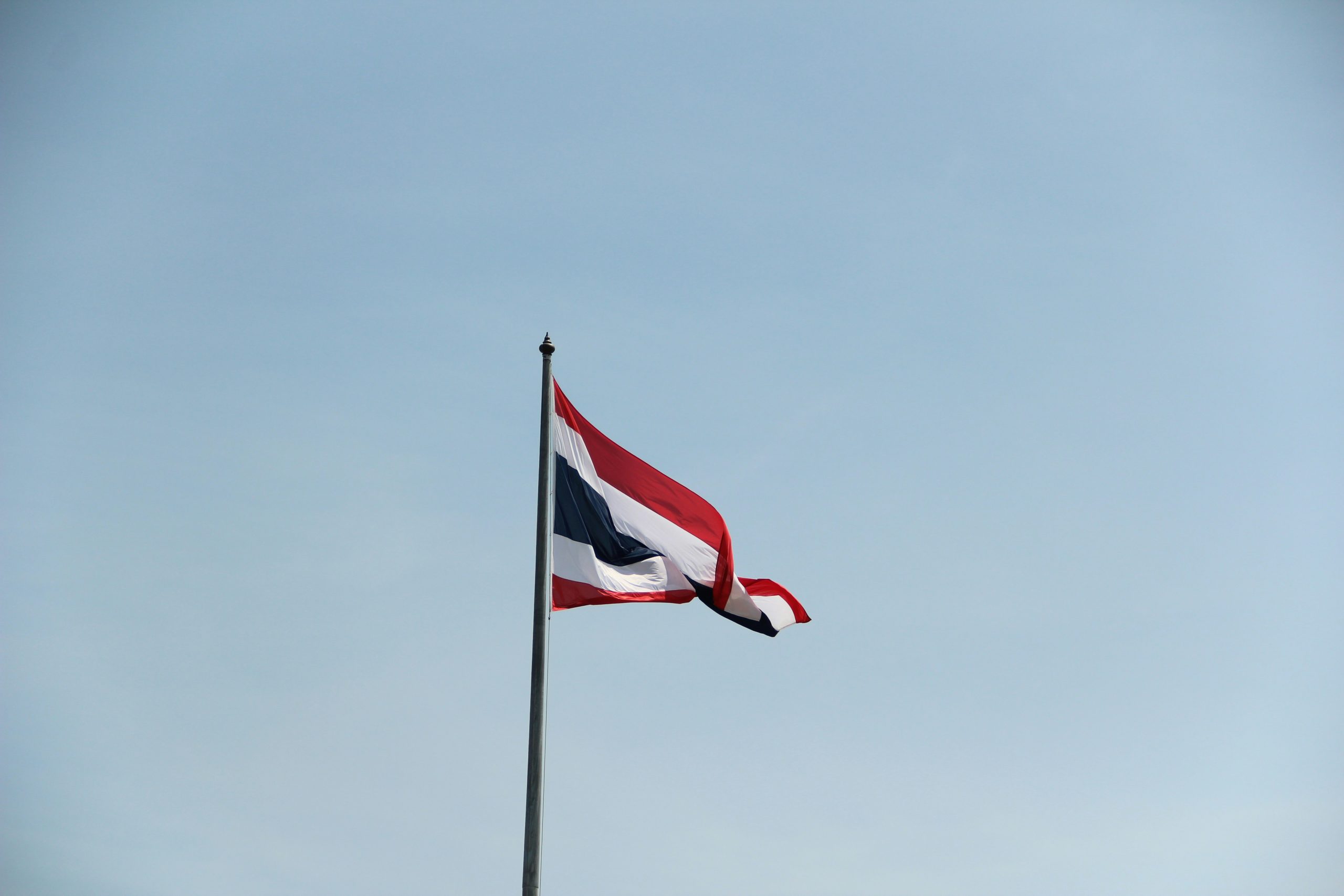
Trump’s Role In the Ceasefire
Washington’s unexpected involvement—with Trump conditioning US-Cambodia trade talks and US-Thailand trade talks on a truce—signals a shift in Southeast Asian diplomacy. The move pressures both nations to prioritize economic ties over nationalist posturing.
Yet skepticism lingers. “Ceasefires without third-party enforcement often collapse,” said Dr. Sophal Ear, a Cambodian political analyst. “Without addressing the Preah Vihear dispute or establishing joint patrols, this is just a timeout.”
What’s Next for the Region?
The agreement avoids immediate catastrophe but leaves important questions such as how China, a key ally to both nations, will respond to US mediation and if ASEAN or the UN will step in to monitor compliance?
For now, displaced families are cautiously awaiting proof the truce holds.

